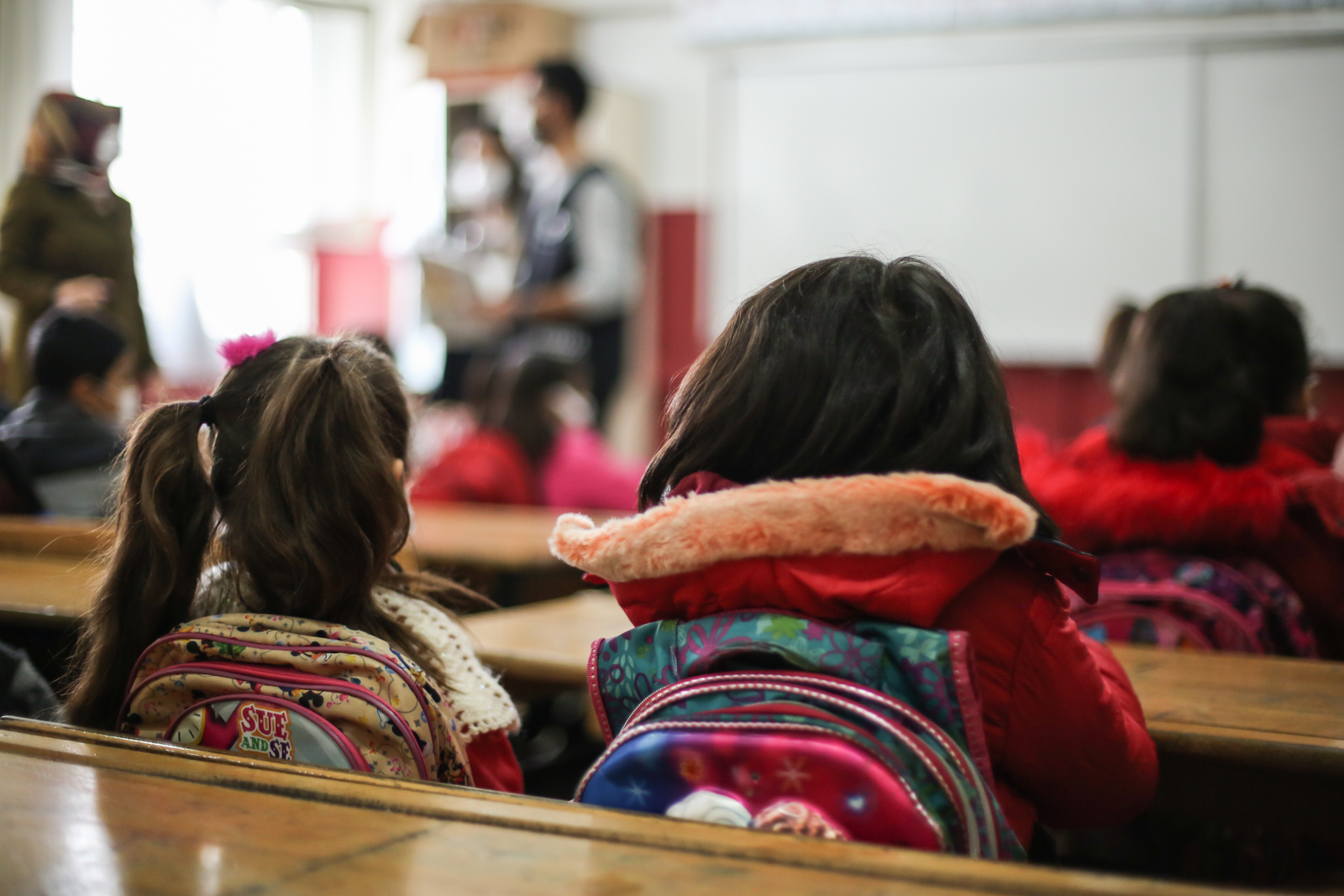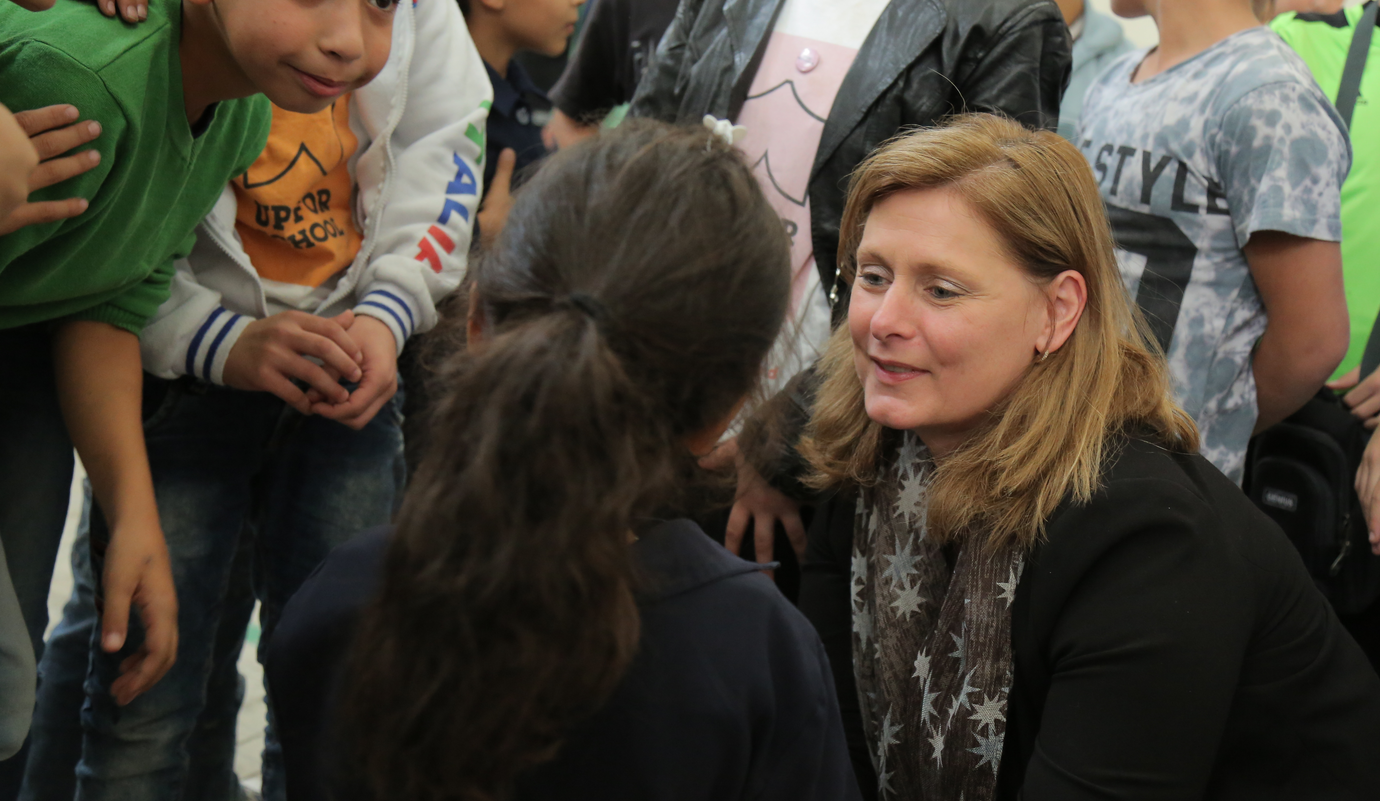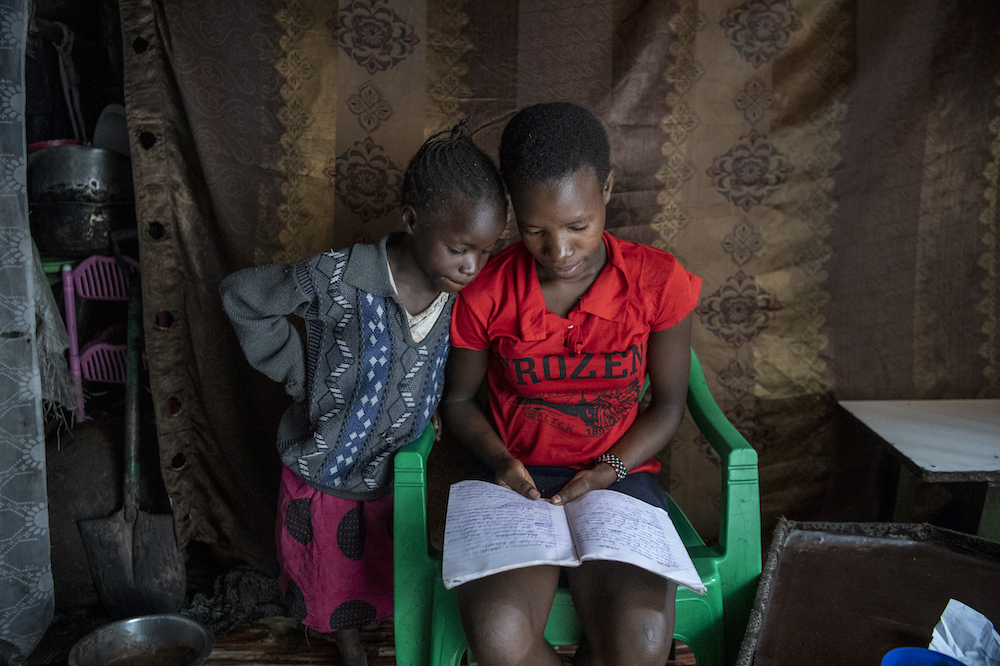
Tanzanian secondary schools are ordered to stop charging fees
Barriers to education, Right to education
President Magufuli - under fire last year for his ban on pregnant girls in school - said the practice of charging students must end immediately.
In late 2015, Tanzania abolished fees for state-run secondary schools – 13 years after primary school fees were ended. The move was meant to guarantee every child in the country 11 years of free schooling.
Some costs remained – including uniforms, sports gear and learning materials such as exercise books and pens.
But many schools have continued to collect fees from children and their families despite the government policy. Students have even been sent home for failing to pay.
That angered Tanzania’s President John Magufuli, who has demanded that the practice stop immediately.
“It makes no sense for the government to remove the school fees and yet teachers decide to introduce contributions that poor parents can’t afford to pay for their children,” he said.
President Magufuli was praised by many for the move. But he came under fire last year for declaring that pregnant girls should be banned from going to school. Then he pardoned two men who had served 13 years in prison for raping 10 primary schoolgirls aged between six and eight.
At a meeting of government ministers last week, the Tanzanian leader said he was shocked that fees were still being collected from secondary school students.
President Magufuli told them: “I don’t want to hear that a pupil or student is dismissed over failure to contribute. Send the same message to the regional and district commissioners, directors and all those concerned.”
After the meeting, education minister Professor Joyce Ndalichako ordered all teachers and council leaders to ensure that all children suspended for non-payment are welcomed back immediately into their schools.
President Magufuli said parents who voluntarily wanted to contribute to their schools could do so.
Scholastica Mwanyika from Tanzania is one of Theirworld’s network of Global Youth Ambassadors, who campaign for the right of every child to a free, quality education.
She said: “The system of free education is a good thing as it gives access to children to have education. However, there are some challenges including inadequate resources such as stationary, books and classrooms.
“These lead to a lack of quality education. We need more emphasis on quality than quantity in schools to ensure children can have a brighter future.”
Last year President Magufuli said female students who become mothers would “never” be allowed back in school – reaffirming a ban dating back to the 1960s.
The east African nation has one of the highest adolescent pregnancy and birth rates in the world and 21% of girls aged 15 to 19 have given birth, according to a 2015-16 survey conducted by the Tanzania Bureau of Statistics.
More than 55,000 Tanzanian schoolgirls have been expelled from school over the last decade for being pregnant, the Center for Reproductive Rights said in a report in 2013.

More news

We need collective action to improve girls’ education: Theirworld Chair Sarah Brown
